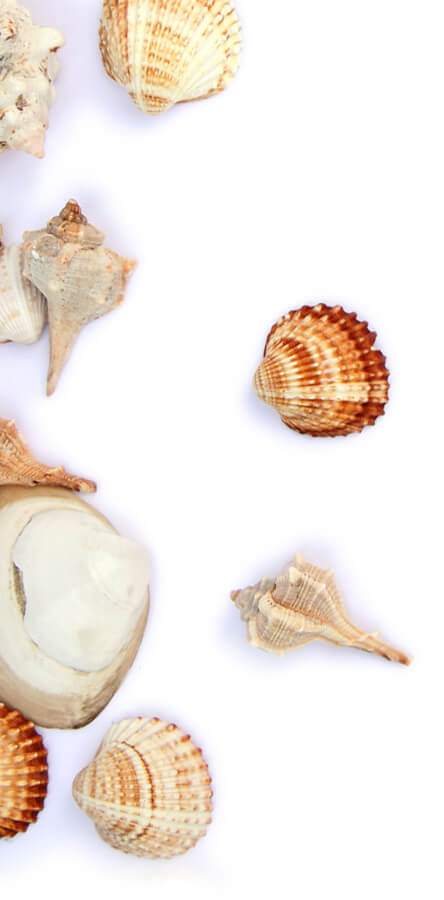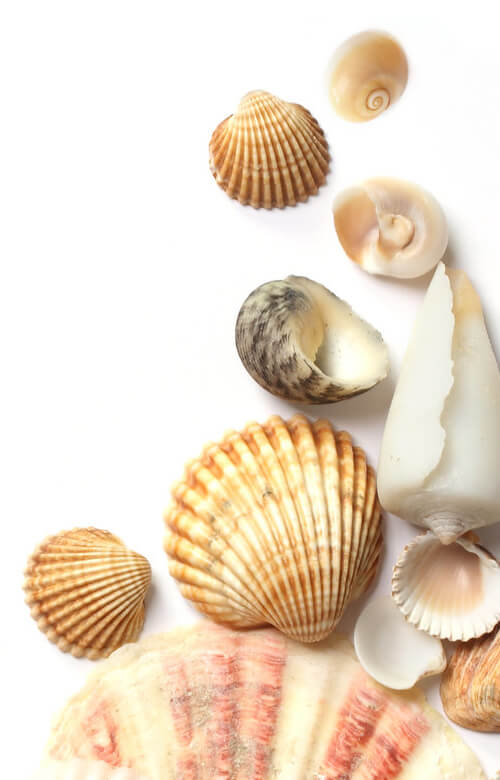The Effects of Biting Your Nails
September 27th, 2023

Also known as onchophagia, the habit of nail biting is one of the so-called “nervous habits” that can be triggered by stress, excitement, or boredom. Approximately half of all kids between the ages of ten and 18 have been nail biters at one time or another. Experts say that about 30 percent of children and 15 percent of adults are nail biters, however most people stop chewing their nails by the time they turn 30.
Here are four dental and general reasons to stop biting your nails:
1. It’s unsanitary: Your nails harbor bacteria and germs, and are almost twice as dirty as fingers. What’s more, swallowing dirty nails can lead to stomach problems.
2. It wears down your teeth: Gnawing your nails can put added stress on your pearly whites, which can lead to crooked teeth.
3. It can delay your orthodontic treatment: For those of our patients wearing braces, nail biting puts additional pressure on teeth and weakens roots.
4. It can cost you, literally: It has been estimated that up to $4,000 in extra dental bills can build up over a lifetime.
Dr. Mark Goedecke and our team recommend the following to kick your nail biting habit:
- Keep your nails trimmed short; you’ll have less of a nail to bite.
- Coat your nails with a bitter-tasting nail polish.
- Ask us about obtaining a mouthguard, which can help prevent nail biting.
- Put a rubber band around your wrist and snap it whenever you get the urge to gnaw on your nails.
- Think about when and why you chew your nails. Whether you are nervous or just bored, understanding the triggers can help you find a solution and stop the habit.
- If you can’t stop, behavioral therapy may be an effective option to stop nail biting. Ask Dr. Mark Goedecke and our team for a recommendation.






